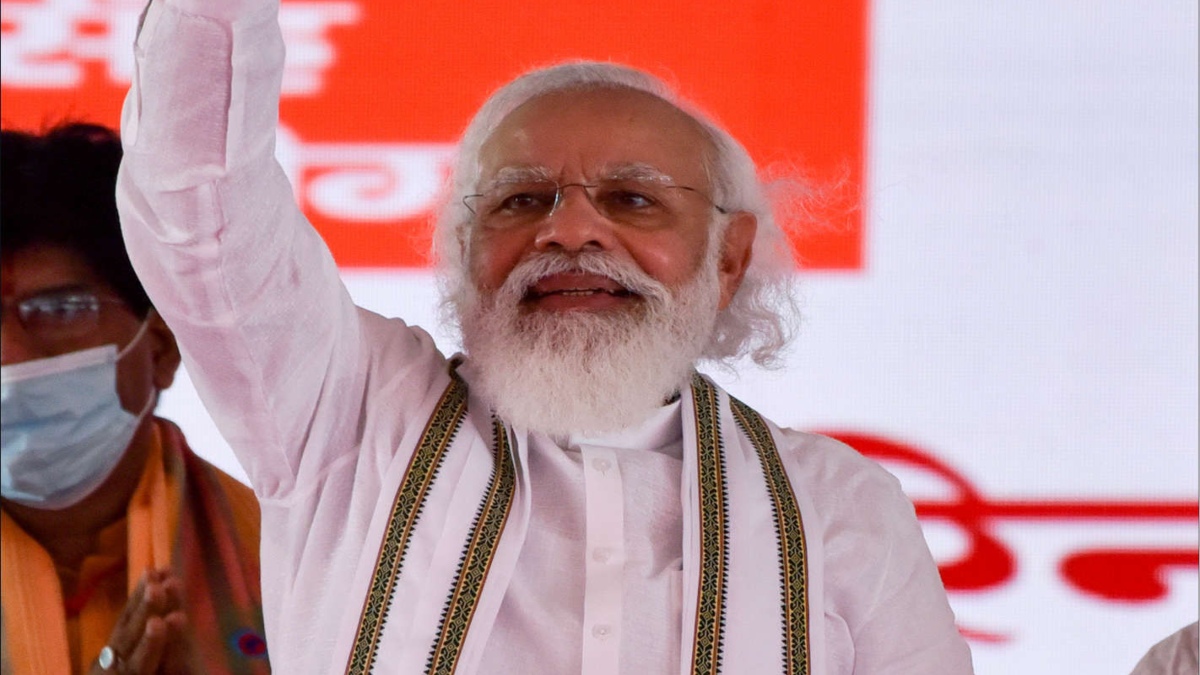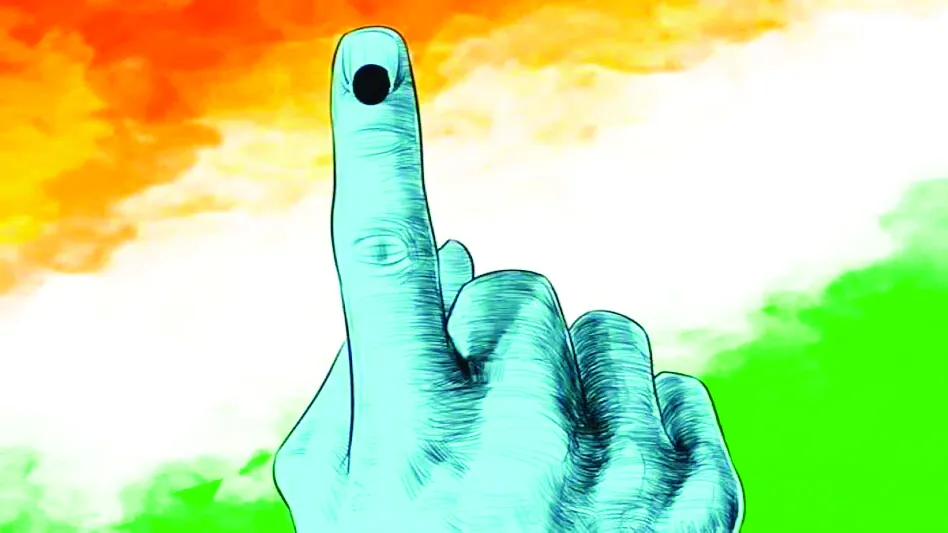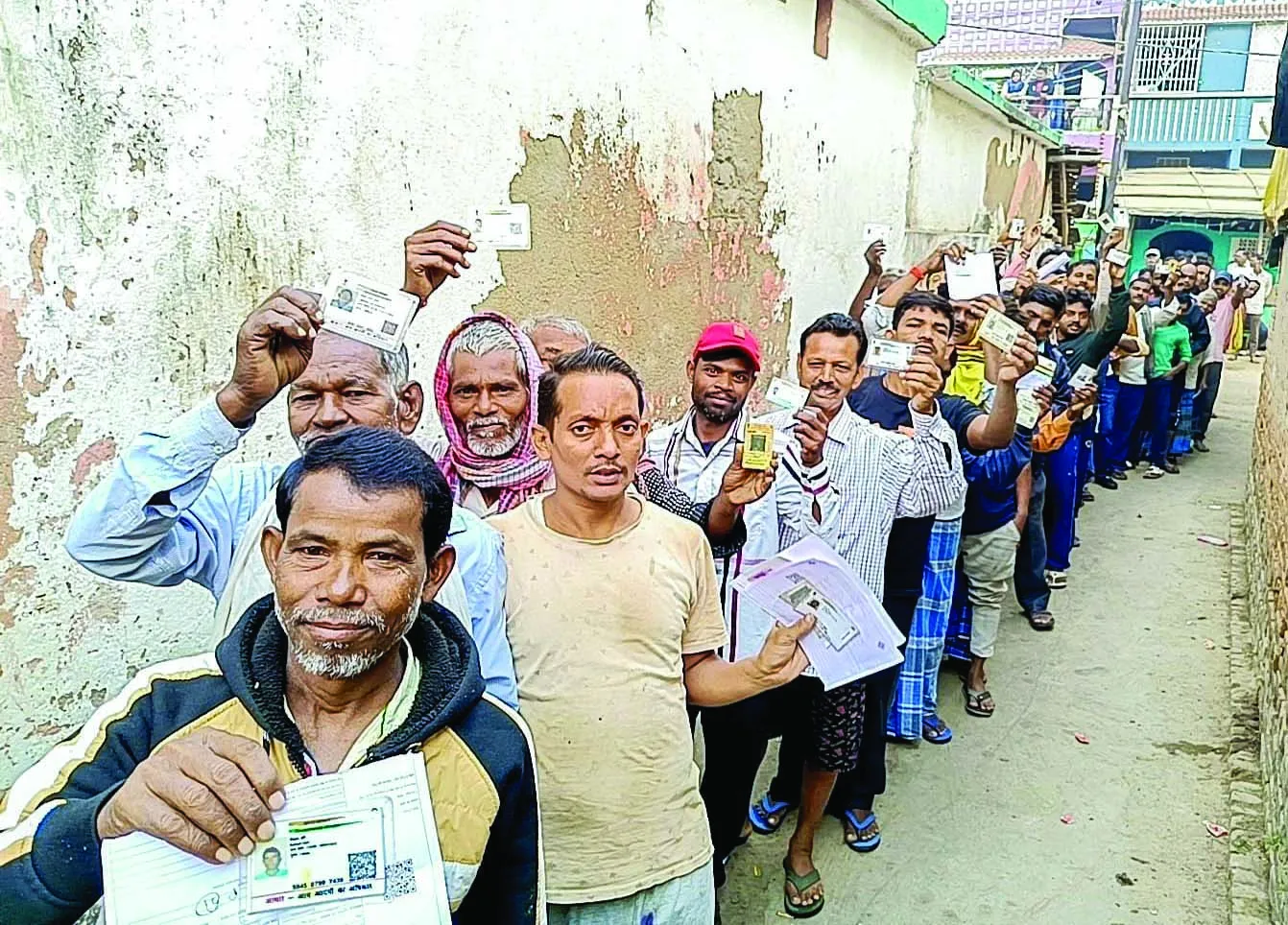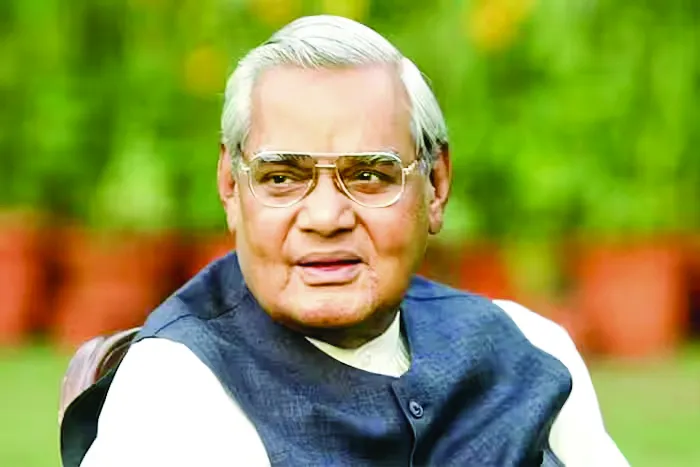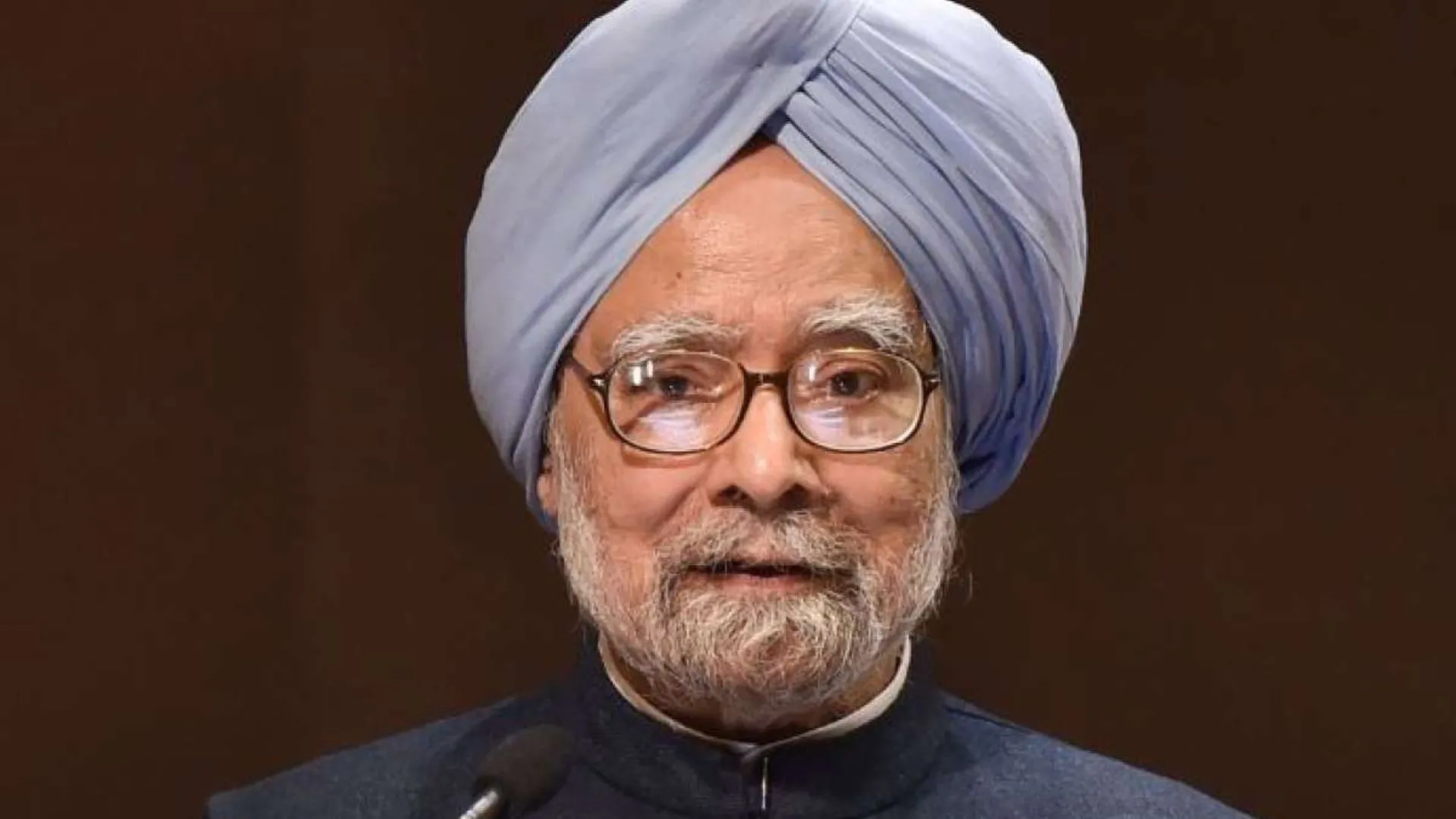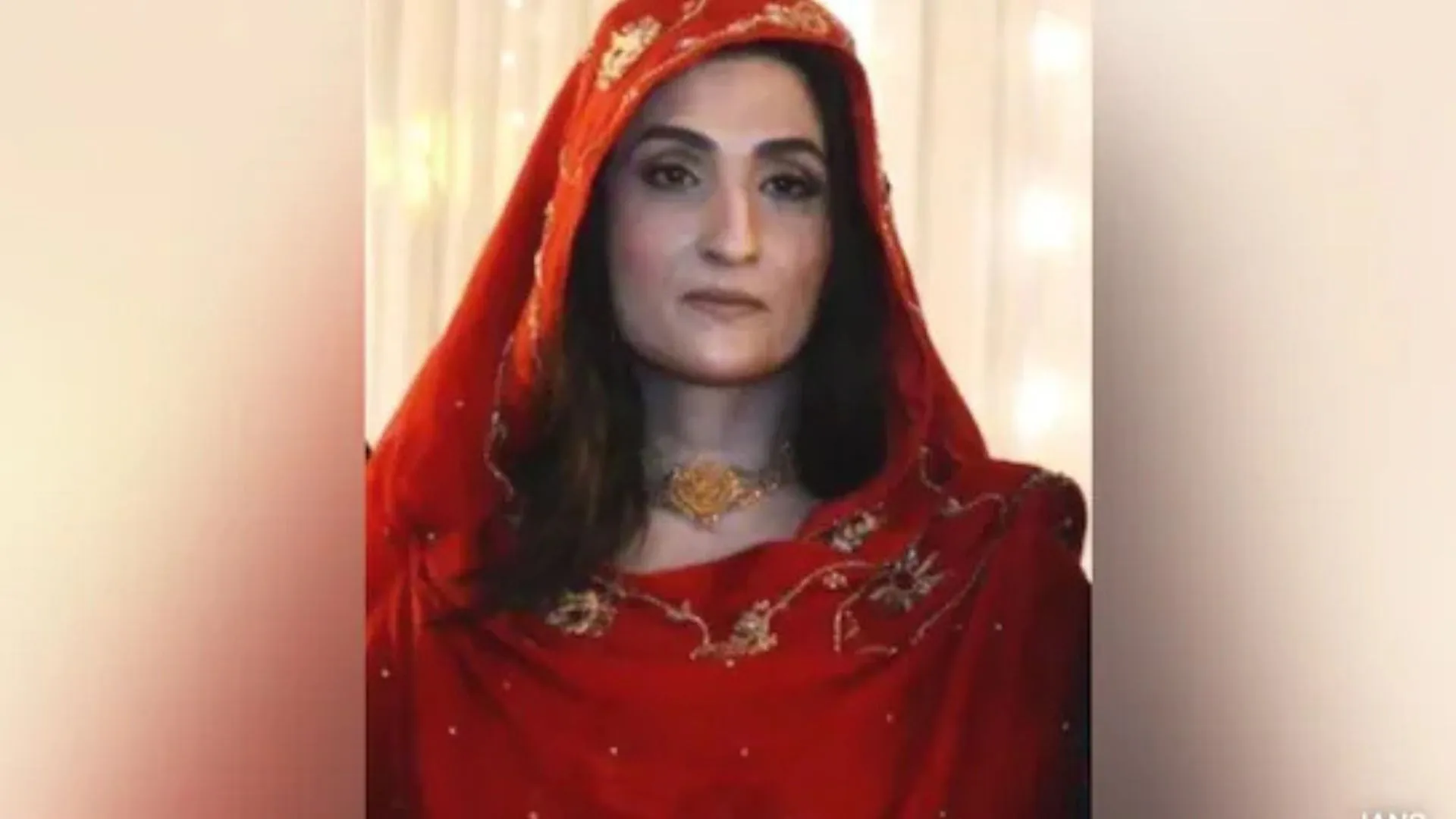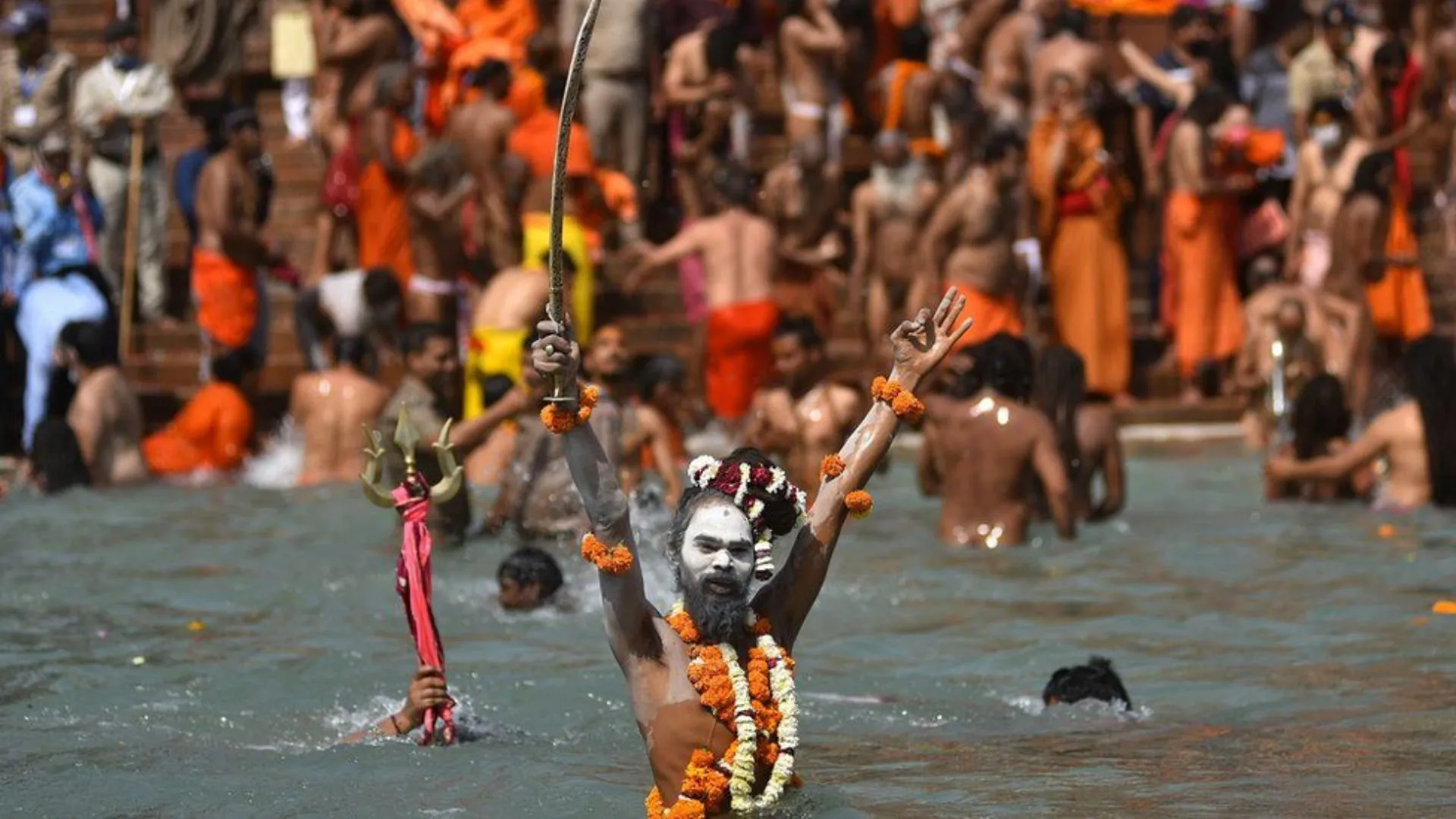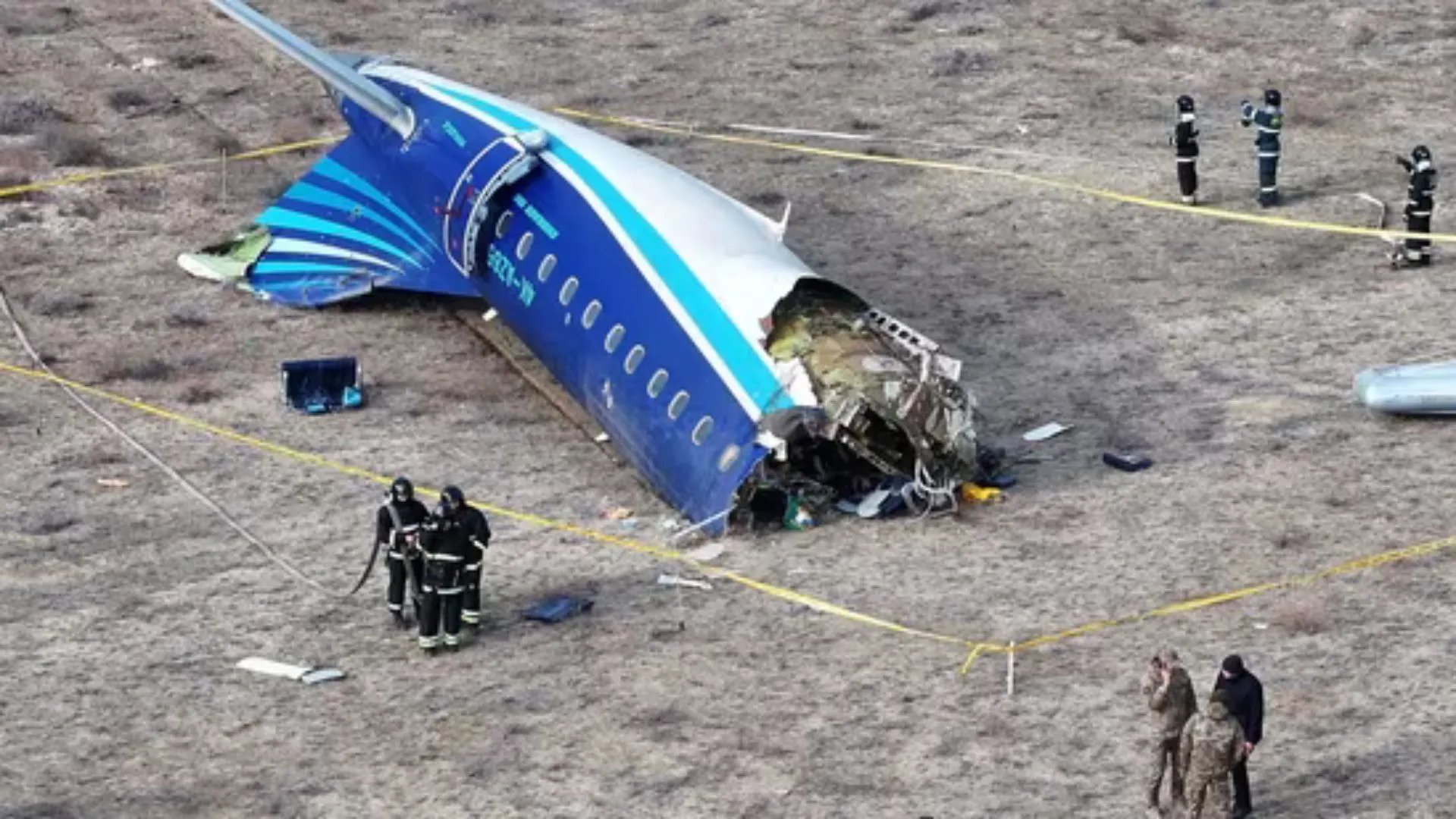A nondescript young girl, working for an established NGO, met then-Gujarat Chief Minister Narendra Modi. She requested him to allow her organisation to adopt a few villages for their comprehensive development. When asked how many villages, she just wanted one to start with. Modi told her: “Ask your NGO to adopt as many villages as possible for a larger impact. India is a big country and to be meaningful and for an impact, the scale has to be large”.
This explains the Prime Minister’s vision for the country. To be successful and for any meaningful impact, the scale has to be very large. It is this vision that he seeks in younger entrepreneurs or solution givers when they interact with him. And it is this Talisman that he holds as a mirror when he takes decisions.
If Prime Minister Jawaharlal Nehru had a vision of command economy for the country’s economic growth, Modi’s vision says that the trickle-down theory would not work for the country. The arteries of human capabilities must be unclogged by liberating individuals from governmental controls and enabling them to achieve excellence and script India’s success stories.
This he did successfully as Chief Minister of Gujarat for 13 years from 2001-2014. His task after becoming the Prime Minister in 2014 has been to replicate the good practices from Gujarat across the country. Staying as the elected head of government for 20 years is no joke. This shows that people love his approach to addressing problems. That is why the entire rank and file of the BJP celebrated the completion of these 20 years, a feat not achieved by anyone till now. He had taken oath as Gujarat CM on 7 October 2001.
The celebration was a fitting tribute to rolling out a new culture in government and administration. This has been beautifully described by Home Minister Amit Shah as “kickstarting the country’s journey of good governance and development”. Translated into action, these found expressions in finding solutions to vexatious issues facing the country according to BJP president JP Nadda.
“Be it the abrogation of Article 370, the law against ‘triple talaq’, Ram temple in Ayodhya, CAA (Citizenship Amendment Act), constitutional status to OBC commission, GST, and reservation for economically backward sections, PM Modi has resolved issues that ailed country for last 70 years and implemented decisions (that) will lay the foundation of a strong nation,” he said.
Celebration in the BJP was not a boisterous affair. People did not dance on the streets. The cadre undertook the task of service to people during the 20-day Sewa and Samarpan Abhiyan. BJP workers participated in creating awareness about the cleaning of rivers, various welfare schemes of the Union government, organising blood donation camps, creating consciousness about protecting the environment and offering prayers in temples and Gurudwaras during the period from 17 September to 7 October. On Modi’s birthday, ie on 17 September, the country achieved the rare distinction of vaccinating close to 2.25 crore people on one single day. Such a feat was not possible without a strong resolve and commitment. It filled Indians with confidence and raised our heads high on what we can achieve if we decide to.
Modi’s life has been an example for many Indians on what one can achieve with sheer determination and effort. When he became the Chief Minister of Gujarat, he had no administrative or legislative experience. The task was daunting and it was a crown of thorns since the state was devastated due to the earthquake in January 2001. Rebuilding the state amidst chaos was a Herculean task. A workaholic Modi, by his effort and leadership, mobilised the society and organised the largest relief and rehabilitation exercise the country had ever seen before. One needs to visit Kutch—which was destroyed by the earthquake—to understand the task undertaken to transform Bhuj into a modern city.
Modi’s tenure in Gujarat saw many challenges because he did not compromise on principles. I remember the story of two media giants in the State approaching him and late Arun Jaitley, the then party in charge of Gujarat. The representatives of the media organisations had asked for a price for better image management. Modi and Jaitley had a one-to-one meeting and then told them that they would not take the offer. While the media kept trying to sully his image, Modi kept carving space in peoples’ hearts through working for their betterment. So, every time media predicted doom, he triumphed.
Keep working hard like a nishkaam yogi (selfless work with dedication but without attachment) and do not bother in times of adversity is the best Bhagwat Geeta philosophy. Modi’s life journey reflected that and this is the message that the Prime Minister would like to convey to the younger generation. Roadblocks will come but if you keep steadfast and don’t succumb to pressure, you would come out with flying colours.
A miffed media tried to bring him down and show him in poor light. The entire establishment of the UPA targeted him because they knew that if not checked, he would throw them out of power one day. He faced all inquiries and none found anything to incriminate him. People loved him for his honesty and integrity and, when the time came, rewarded him by voting him to power at the Centre by giving the BJP the largest-ever victory in 2014.
His life journey is an inspiration for the average Indian who sees Modi’s rise as his own. A person who sold tea in trains that plied Vadnagar Railway Station morning and evening during his childhood had become the country’s Prime Minister. This is aspirational India where the lineage of the family of caste would not count on achievement parameters.
Modi demonstrated that although he was a greenhorn in competitive politics, he was a fast learner. The bureaucrats who were supposed to serve as per his diktats became his torchbearers. He, being a strong organisational man, knew much better about human behaviour. His training in the RSS and his quality of being a good listener came in handy. He would listen and the officials would come with good solutions. And he as a leader knew what he wanted for his people.
As a Gujarati, who is known for his acute business sense, Modi knew that unless he had the money, he would not be able to take the State on the development roadmap. The only way was to either increase business opportunities so that the State gets more revenue from taxes or increase investment in the State by making businesses offer good returns to investors.
“Sow a Rupee and Reap a Dollar” was his famous slogan to attract NRI’s particularly those from Gujarat. Business people were given a red-carpet welcome. Those officials who would make business people sit for hours to give a hearing were seen waiting for them and offering them all the help the government could extend. The result was electrifying and Gujarat emerged as the biggest investment destination in the country. It used to be said that if a corporate house is not there in Gujarat, there is something wrong with the organisation.
“That government is the best that governs the least” has been a slogan of the BJP for dismantling the bureaucratic structure of the British Raj that seeks to interfere in the lives of individuals from cradle to the grave (birth to death). As chief minister, he introduced Information Technology (IT) to bring in transparency and accountability in governance. A common man was happy if he did not have to pay bribes for basic facilities the government provided. Gujarat had achieved a complete turnaround whether it was the issue of licenses or accessing land records or government expenditure.
As Prime Minister, his task was cut out. It was to implement the Gujarat model of governance all across the states. He had understood that for a country as huge as India, there was no one quick-fix solution. Every region or area had specific issues and a separate development roadmap must be found out. What was good for Gujarat would not be good for Bihar or Jharkhand. But the process of finding a solution was the same. The road to good governance was the same.
In addition to energising the country to grow faster and with confidence, he also had the task to lift India’s image internationally. He happens to be the first Prime Minister born in independent India (1950) and thus has no colonial baggage. In addition to this, he has been representing the second-largest population in the world. No Indian Prime Minister has had the support that he enjoys. This confidence was reflected during his interaction with various global leaders. The Indian Diaspora is elated that brand India has gained prominence ever since Modi became the Prime Minister.
PM Modi has been working very hard to transform the country and change the political discourse. He has nothing to do for himself. He is like a Sanyasi who is removing fretters and empowering people and using the instrument of the State to deliver the goods. The last-mile delivery has become much better because of the introduction of JAM (Jan Dhan Yojana accounts, Aadhar as the identity for benefit transfer and Mobile for sending messages once the payment has been credited in accounts of beneficiaries). Late Prime Minister Rajiv Gandhi had stated that due to leakages in the system only 15 paisa of the 100 reaches intended beneficiaries of various government schemes. He would have been a happy man today that entire 100% reaches them now.
Trinity of JAM has helped save Rs 1.78 lakh crore by plugging loopholes and removing names of fake beneficiaries. One can speculate who was pocketing the money and who had the vested interests in keeping such a system moving. There are more than 350 schemes of the Union government where subsidies are to be transferred directly into the account of the intended beneficiaries. There are more than 90 crore beneficiaries.
The faith of the common man, particularly the youth, in the system has increased many folds. Registration of companies and tax compliances have become easier and more transparent. Systems of claims and refunds have become more accountable. Most services have become online including the issuance of passports and various licenses. Many institutes of excellence have been opened including many AIIMS, IITs and IIMs. More opportunities have been opened in IT enables services.
Only a leader confident of his decisions and commitment to the nation can take a bold step such as demonetisation. While critics would continue to pick loopholes, those who know the system know how this bold step saved the country from falling into the trap of the black economy. Also, this helped to bring greater transparency in the system besides bringing prices of various sectors under control. Housing has become more affordable. It increased the premium of hard-earned money and accompanied by various other legislations; it launched a frontal attack on benami transactions. Earn money transparently, pay taxes and live happily is the new mantra. The government introduced various schemes to rewards honest tax-payers. Implementation of the GST and the evolution of easier GST compliance should also be seen in that respect.
A businessman while commenting on the Modi government’s policies said: “The business has suffered a loss due to lack of understanding of various schemes by our vendors. People used to old ways are finding it difficult to work and the transition is torturing. But I am happy that the system is trying to bring in better transparency and accountability. My son would not face the problems I faced. The country would benefit.” Most people say the same: Transition takes time and most people now prefer to pay through cards rather than cash is a testimony to the Modi vision.
What distinguished PM Modi from others is the immense trust he has in people. He has introduced IT in such a way that even for a labourer working in the field, the smartphone is the priority. He may be illiterate but he wants to get linked with the world. Cowin has won the hearts and trust of people. The fast pace of vaccination against Covid-19 has saved lives.
Life for an average Indian has changed. He is more empowered and connected. For the poor man on the street, PM Modi empathises with their plight. If Asyuhsman Bharat has given them insurance that they would get the best treatment if they fall ill, he has been provided free ration for almost two years now. Imagine 80 crore people in the country getting free ration since the Coronavirus pandemic. One needs to talk to them to know that most of them consider PM Modi as a messiah.
The writer is the author of ‘Narendra Modi: the GameChanger’. A former journalist, he is a member of BJP’s media relations department and represents the party as spokesperson while participating in television debates.

